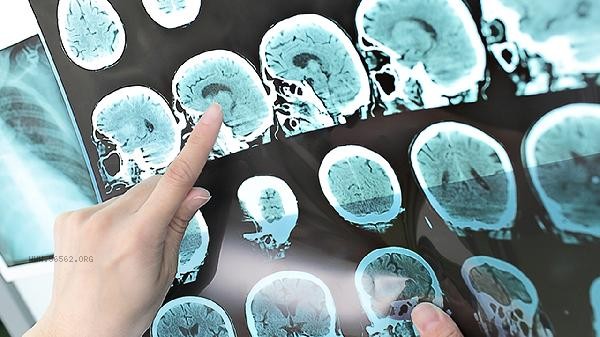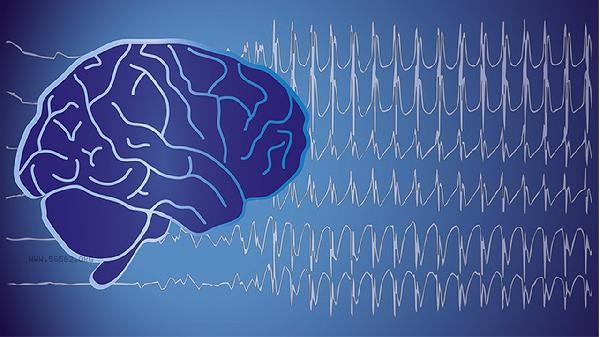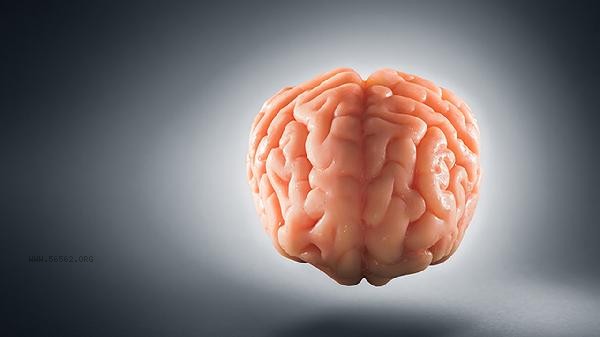Suddenly losing control of the brain like going crazy may be a manifestation of neurological abnormalities such as acute anxiety attacks or epilepsy. This situation is usually related to emotional stress, brain diseases, metabolic disorders, drug side effects, genetic factors, and other reasons, and requires timely medical examination and screening.

1. Emotional stress
Long term high-intensity stress or sudden mental stimulation may cause transient loss of consciousness and behavior, manifested as emotional outbursts, limb tremors, or cognitive confusion. This type of situation is often accompanied by autonomic nervous system symptoms such as palpitations and sweating, which can be alleviated through psychological counseling and relaxation training. In severe cases, short-term use of anti anxiety drugs is necessary.
2. Brain diseases
Temporal lobe epilepsy, encephalitis, or cerebrovascular abnormalities may lead to sudden behavioral abnormalities, often accompanied by confusion or seizures. Electroencephalography and magnetic resonance imaging can clarify the cause, and treatment requires the use of antiepileptic drugs or surgical intervention for the primary disease. Early diagnosis is crucial for prognosis.
3. Metabolic disorders
Hypoglycemia, electrolyte imbalance, or hyperthyroidism can interfere with brain nerve conduction and cause transient behavioral disorders. This type of situation is often accompanied by physical symptoms such as dizziness and fatigue, which can be diagnosed through blood testing. After correcting metabolic abnormalities, the symptoms usually improve rapidly.

4. Drug side effects
Sudden discontinuation of certain sedatives or overdose of psychotropic drugs may induce delirium, manifested as disorientation and abnormal behavior. The medication plan should be adjusted under the guidance of a doctor to avoid self adjustment of dosage. If necessary, hospitalization for observation and treatment is necessary.
5. Genetic factors
A small number of inherited neurological diseases, such as Huntington's disease, may manifest as intermittent behavioral loss in the early stages, usually with a family history and progressive movement disorder characteristics. Genetic testing can assist in diagnosis and requires specialized management in neurology to delay disease progression.

It is necessary to maintain a regular daily routine and moderate exercise to avoid excessive fatigue and alcohol stimulation. If symptoms recur or are accompanied by persistent headaches and vomiting, one should immediately seek medical attention at the neurology department to complete brain imaging and functional examinations. Psychological factors can be combined with cognitive-behavioral therapy, but professional doctors must first rule out the possibility of organic diseases. Family members should learn emergency response measures to avoid causing secondary harm by forcibly restraining patients during an outbreak.








Comments (0)
Leave a Comment
No comments yet
Be the first to share your thoughts!